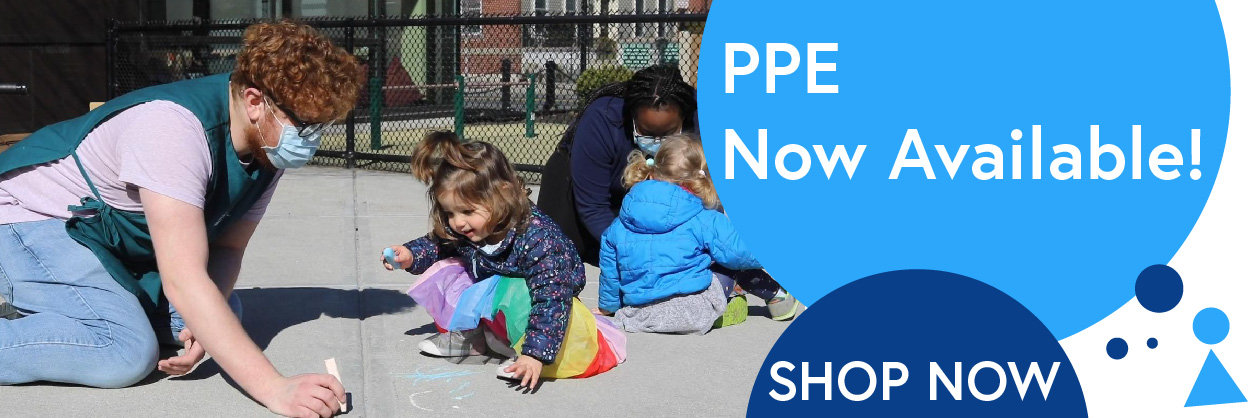If someone was asked why they would do a puzzle, the first thing that might spring to mind is that a puzzle is a fun hobby or a way to pass the time. But did you know that in addition to being a fun activity, puzzles have many benefits for children AND adults? Here are 5 benefits that you might not have known!
1) Mental Exercise for the Whole Brain
Puzzles are considered a 'complete brain exercise' as it uses both sides of the brain. The left side of the brain is logical and methodical and works in a linear fashion, while your right brain is creative and intuitive. This means when we do a puzzle it requires both sides of our brain to communicate and work in sync with each other. As we sort through the puzzle pieces, creating a plan, trying to match up pieces, we are increasing our cognitive function, exercising our entire brain, and helping prevent cognitive decline. Whole-brain exercises are so important, especially as a child develops. Studies have shown that subject area such as mathematics are best understood when the whole brain can work together on tasks.
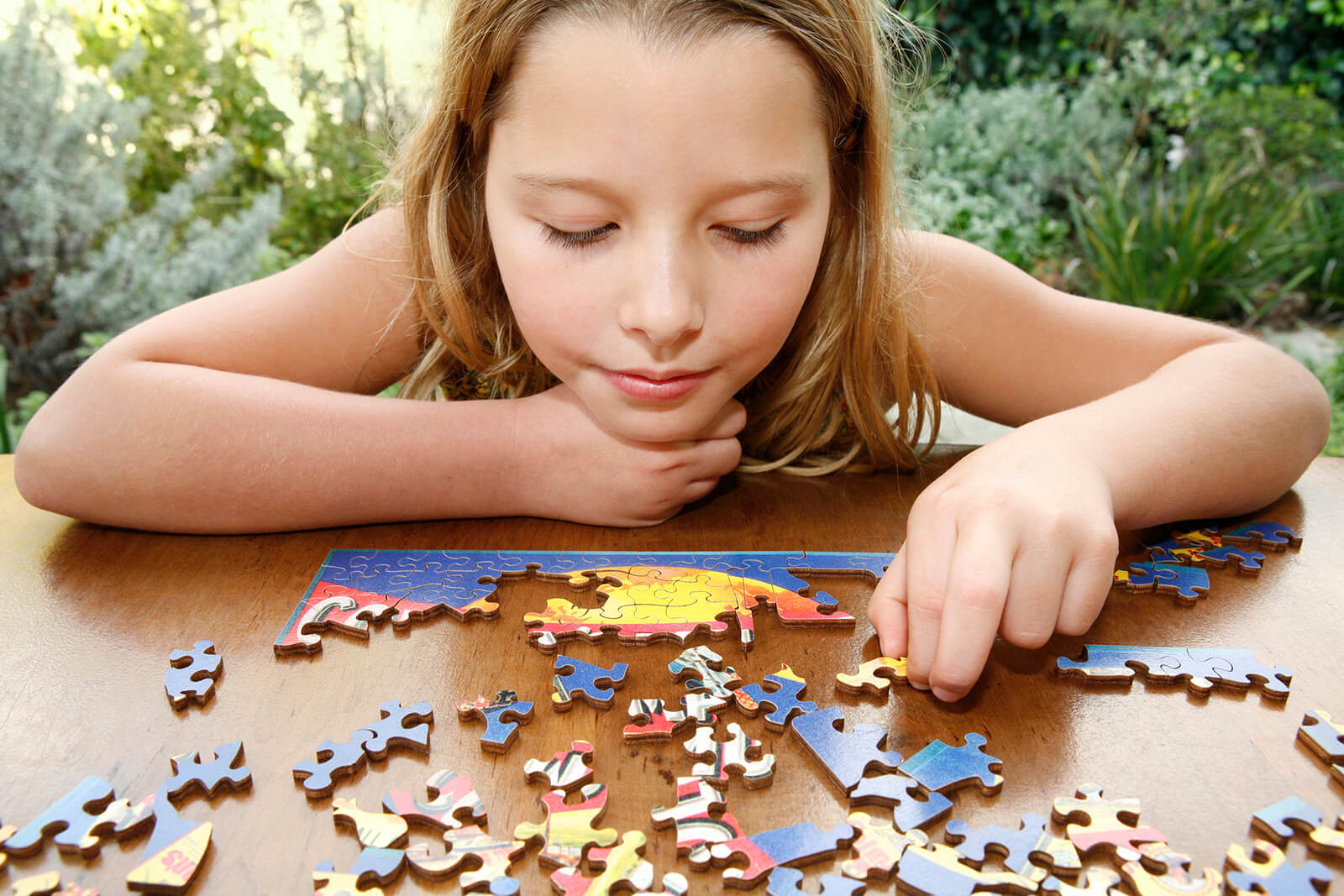
2) Improves Attention to Detail
Puzzles allow us to show greater attention to detail, reducing the number of errors we make. When doing a puzzle, we have to concentrate, especially when completing one with many pieces or when we or sorting, trying to find the right puzzle pieces. As we go on to complete more puzzles, our eyes become trained to notice smaller differences in colour and shape so we can complete the puzzle faster. This ability to notice these small differences allows us to become more precise and detailed in other aspects of life including but not limited to school work, careers, playing sports, etc.
3) Helps to develop skills
Puzzles help develop fundamental skills for younger children and help improve skills in adults. Some skills that puzzles help improve are:
- Problem solving - Puzzles require us to solve problems and think critically. Problem-solving is used in almost every life situation. As we do a puzzle, it requires us to think about how we are going to solve it, formulating and testing theories to solve it, and then discovering how to complete the puzzle.
- Memory - Puzzles strengthen synapses (the connections between our brain cells) which helps improve and maintain memory. As we complete a puzzle it requires us to remember pieces, shapes, sizes, and visualize in our minds how it all comes together. Strengthening synapses, not only helps with a child's memory development, but can help reduce cognitive memory loss in future life.
- Visual & Spatial Skills- When completing a puzzle, there are two key things that have to be considered; the puzzle as a whole and the individual pieces and how to get the individual pieces to fit into the entire puzzle. This requires us to use our visual and spatial skills. As more puzzles are completed this skill improves. For children, good visual-spatial skills have been linked to improvement in Math, STEAM, and visual arts. For adults, these skills can help improve your driving skill!
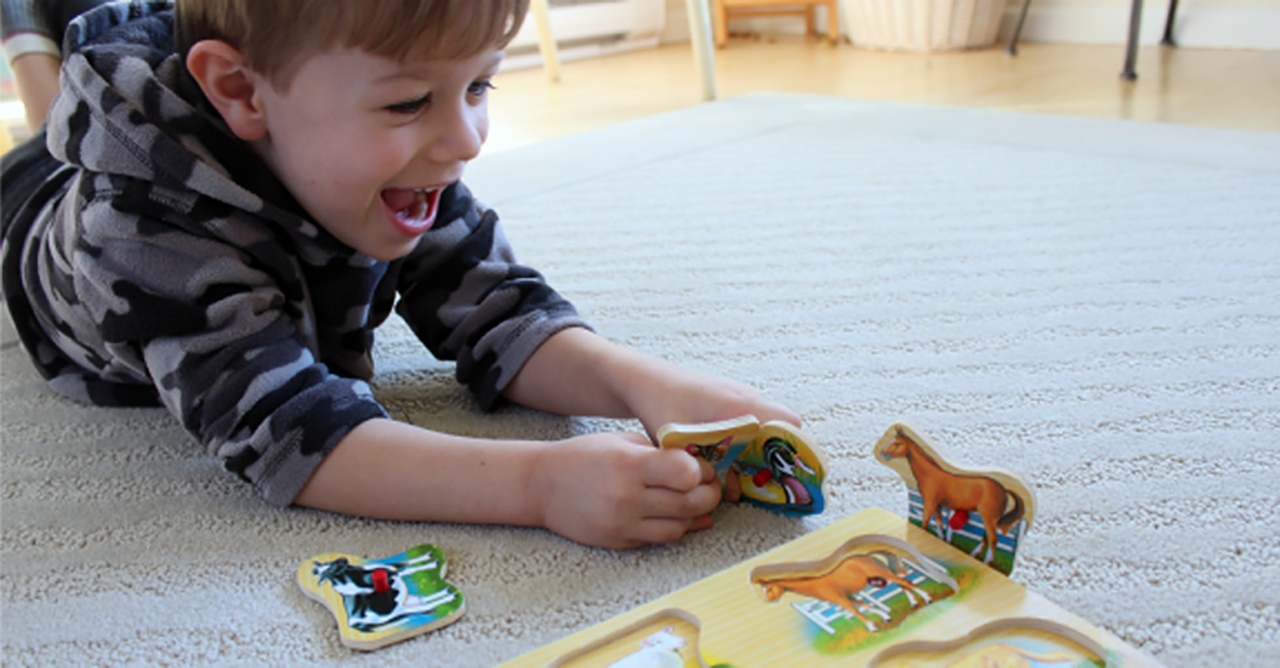
4) Enhances Mood
As you probably know, dopamine is a neurotransmitter that regulates emotions, and movement. Puzzles increase the production of dopamine, every time we succeed at a puzzle, i.e. we complete a puzzle, or even fit a single piece. That sense of achievement, no matter how small, helps improve mood significantly. This increase in dopamine which increases mood reinforces the desire to do puzzles more to get a good feeling. No wonder it's so hard to stop doing a puzzle!
5) Increases productivity & concentration
Puzzles help children and adults relax as well as helping reduce stress. When someone is more relaxed, they are able to concentrate more easily, which greatly improves productivity. Short breaks to do puzzles during work or learning can help improve focus on the tasks at hand. Over the Summer Break, as children continue to learn, break up their learning time with a puzzle and let their brains reset. When they return to their learning, you should notice a great improvement in concentration, productivity, and a greater eagerness to learn.


.png)

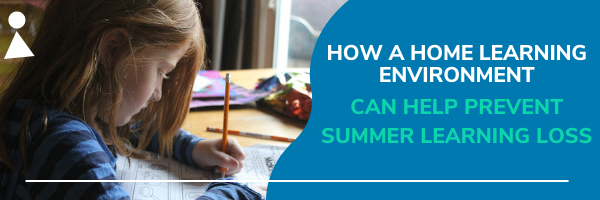

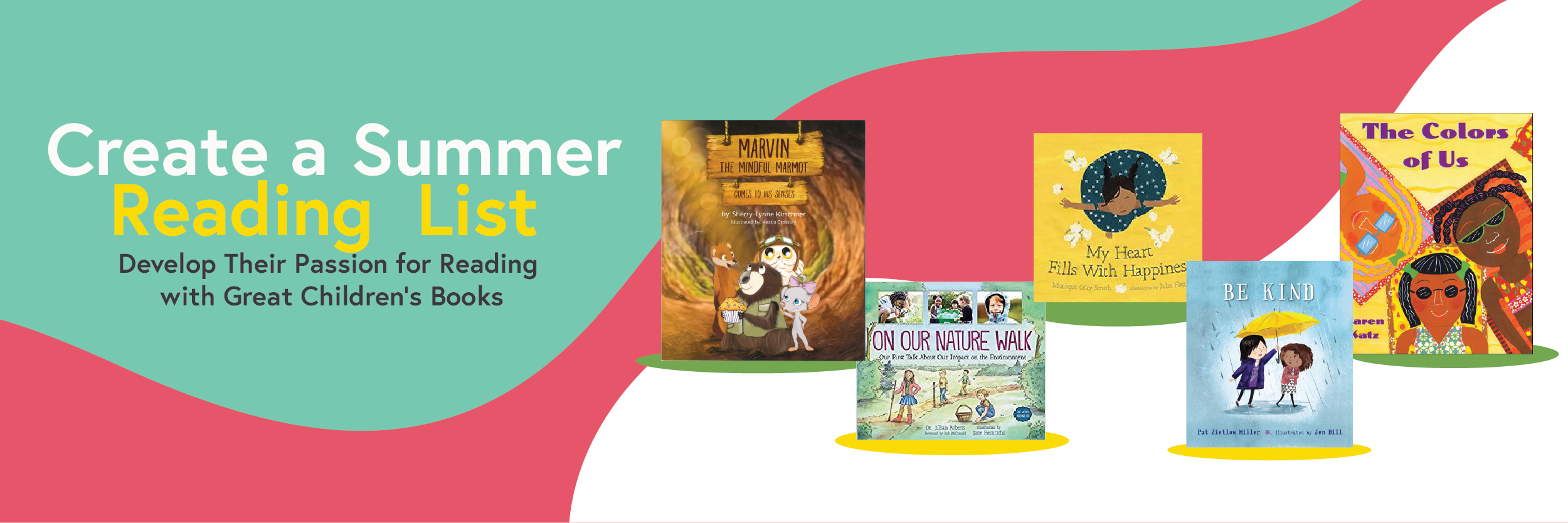
.png)
